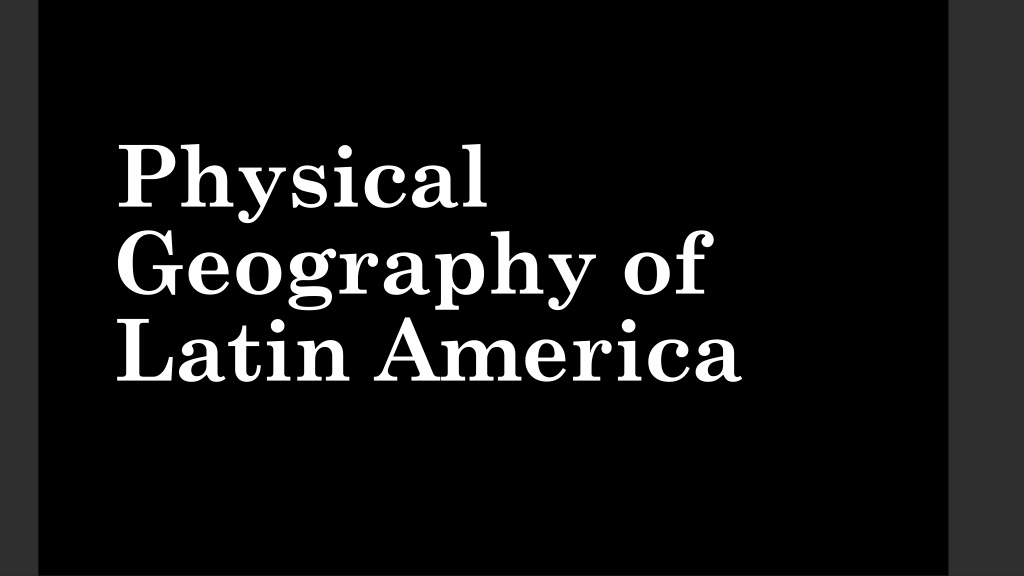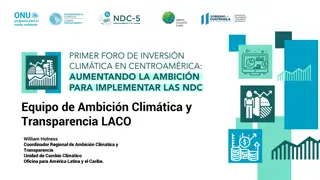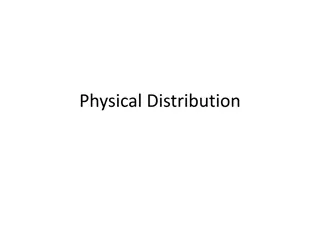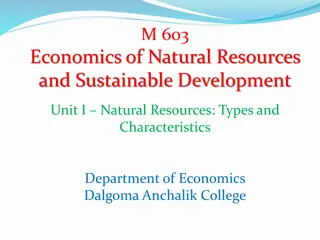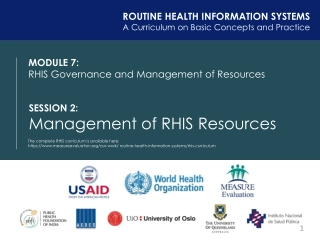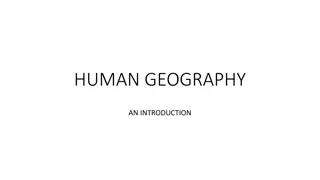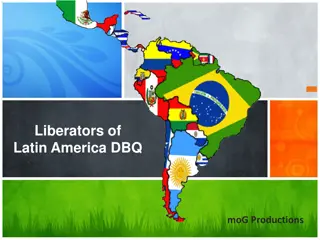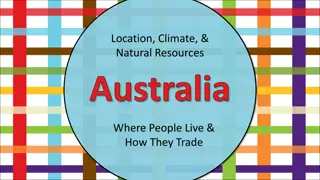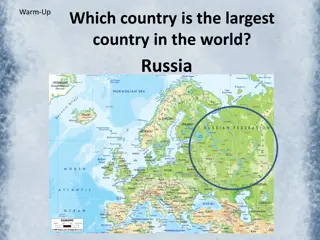Overview of Physical Geography and Resources in Latin America
Latin America spans 7,000 miles from the U.S.-Mexico border to Tierra del Fuego and includes diverse geographic features such as the Andes Mountains, grassy plains like Llanos and Pampas, and major river systems like the Orinoco and Amazon. The region is rich in natural resources including mineral deposits and energy sources like oil and hydroelectric power, with tourism being a key resource for the Caribbean Islands.
Download Presentation
Please find below an Image/Link to download the presentation.
The content on the website is provided AS IS for your information and personal use only. It may not be sold, licensed, or shared on other websites without obtaining consent from the author. Download presentation by click this link. If you encounter any issues during the download, it is possible that the publisher has removed the file from their server.
Presentation Transcript
Physical Geography of Latin America
-Latin America covers 7,000 miles -From the border of the U.S. and Mexico to Tierra del Fuego -Also includes the Caribbean Islands
-Andes Mountains: part of mountain chain that includes the Rocky Mountains and the Sierra Madres -Barrier for movement into the interior of South America -More settlement has occurred along eastern and northern coasts
-Llanos: grassy, treeless areas used for farming and livestock grazing found in Colombia and Venezuela -Cerrado: flat plains found in the interior of Brazil -Moderate rainfall makes it suitable for farming -Pampas: grasslands with rich soil located in Northern Argentina and Uruguay -Main products are cattle and wheat grain
River Systems -Orinoco River: flows more than 1,500 miles, partly along the Colombia/Venezuela border -Amazon River: flows about 4,000 miles from west to east, empties into Atlantic Ocean -Flows across Brazil -Has over 1,000 tributaries
Natural Resources -Mineral resources: gold, silver, iron, and copper -Many minerals are mined in Latin America and shipped to other areas of the world for production
Natural Resources -Energy resources: oil, coal, natural gas, and hydroelectric power -Venezuela and Mexico have major oil reserves -Brazil is rich in hydroelectric power because of its many rivers -Caribbean Islands: main resource=tourism
Climate and Vegetation of Latin America
-Climate is extremely varied -Ranges from hot and humid conditions of the Amazon Rainforest to the dry desert regions of Northern Mexico
1.) Tropical Climate Zones -rainforests: dense forests made up on different species of trees -Climate is hot and rainy year- round -Amazon rainforest covers more than 2,000 square miles of South America -Contains many exotic plants and animals, such as jaguars and piranhas
2.) Dry Climate Zones -Only found in Mexico and South America -semiarid: generally dry, with some rain -Grass-covered plains found in this region -Found in Mexico, Brazil, Uruguay, and Argentina
-desert: found in Northern Mexico as well as Chile (Atacama Desert) -Also in Southern Argentina (Patagonia) -Vegetation is mainly shrubs growing in gravel or sand
3.) Mid-Latitude Climate Zones -mediterranean: hot, dry summers and cool, wet winters -Located along parts of the Western coast of Chile -similar to weather conditions in some parts of California
-marine west coast: cool, rainy winters and mild, rainy summers -Found in parts of Southern Chile and Argentina -Similar to weather conditions in Oregon and Washington in the U.S.
